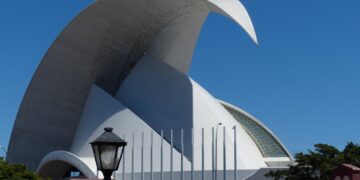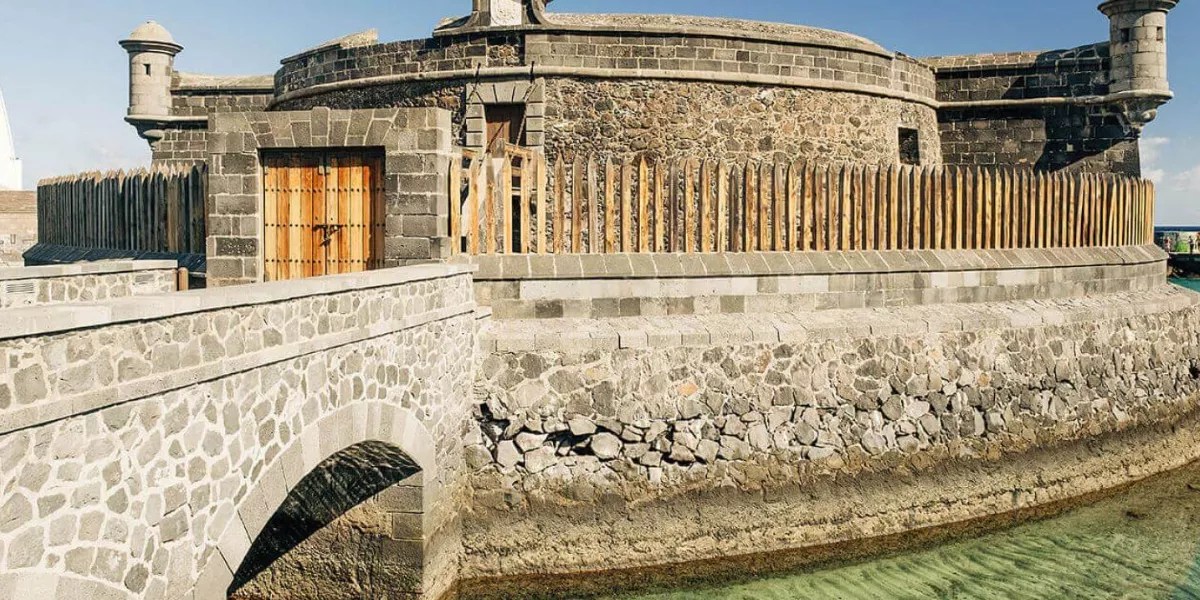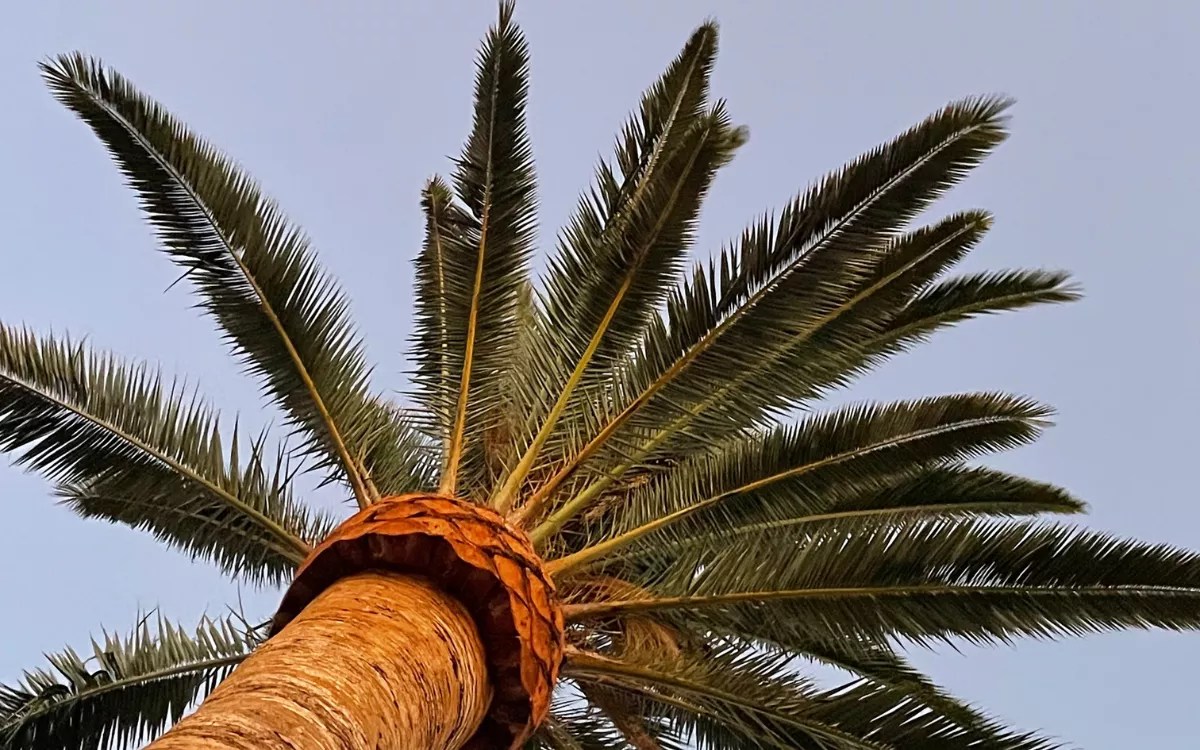The president of the Cabildo of Tenerife, Rosa Dávila (CC), describes the “devastating environmental and scenic consequences” that the segment of the Island Ring, which is set to traverse Las Aguas in San Juan de la Rambla, would inflict. Hence, she urges the Canary Islands Government to reconsider the route from Los Realejos to La Guancha.
In a discussion with EFE, Dávila recalled the community and council’s opposition to the project linking San Juan de la Rambla with Los Realejos, emphasising that it “lacked a solution for continuity except for crossing through various natural areas that necessitate protection”, such as the Barranco de Ruiz and Las Aguas. “We have communicated with the Canary Islands Government to conduct the study in reverse, commencing from Los Realejos to La Guancha, utilising tunnels throughout those regions, to prevent destruction in locations such as Barranco de Ruiz and Las Aguas, in both environmental and landscape terms,” she expressed.
Concerning the progress of the Southern train project, the island president highlighted that the “island systems have historically been excluded from the national railway network, and the intent is to incorporate them. Once included, there exists a substantial European programme featuring €30 billion, which could finance 70% of the investment. Connect Europe will review mid-term in 2025, wherein we could engage at least some phases of the programme.”
She further added that “this is all interconnected with the stability of the Government and the advancement of this new Mobility Law.” “We are collaborating with the Government of Spain on an amendment that facilitates the inclusion of island systems within the Spanish railway network. Regardless, we shall persist in advocating in Europe for the first phase of the southern train, which may commence around the end of 2027,” she remarked.
Ecotax
When discussing the implementation of the ecotax in forthcoming natural areas, Rosa Dávila asserted that “progress is being made and is advancing well.” “The procedure is considerably more intricate than in the Masca ravine, but I believe we would be misguided if we think that by imposing these eco-taxes in protected natural spaces we are transforming a tourism model. The ecotax aims to manage visits to areas that need preservation,” she noted, adding that “there must be a consensus where the tourism sector’s direction aligns with that of Canarian residents, achieving a sustainable model that enhances the quality of life for those of us residing here and ensures that young people do not have to leave due to a lack of opportunities.”
The Council’s appeal to the regional Government to finalise the transfer of powers, which are currently delegated, regarding the Teide National Park was also discussed. The island president indicated that “we are making efforts” on this matter and expressed her hope that “the response will be favourable.” “The authority and capacity of the Cabildo have been more than proven. We are the Cabildo with the largest budget (…). We possess the strength and resources that enable us to intervene in the Park while ensuring all necessary guarantees,” she stated.
















